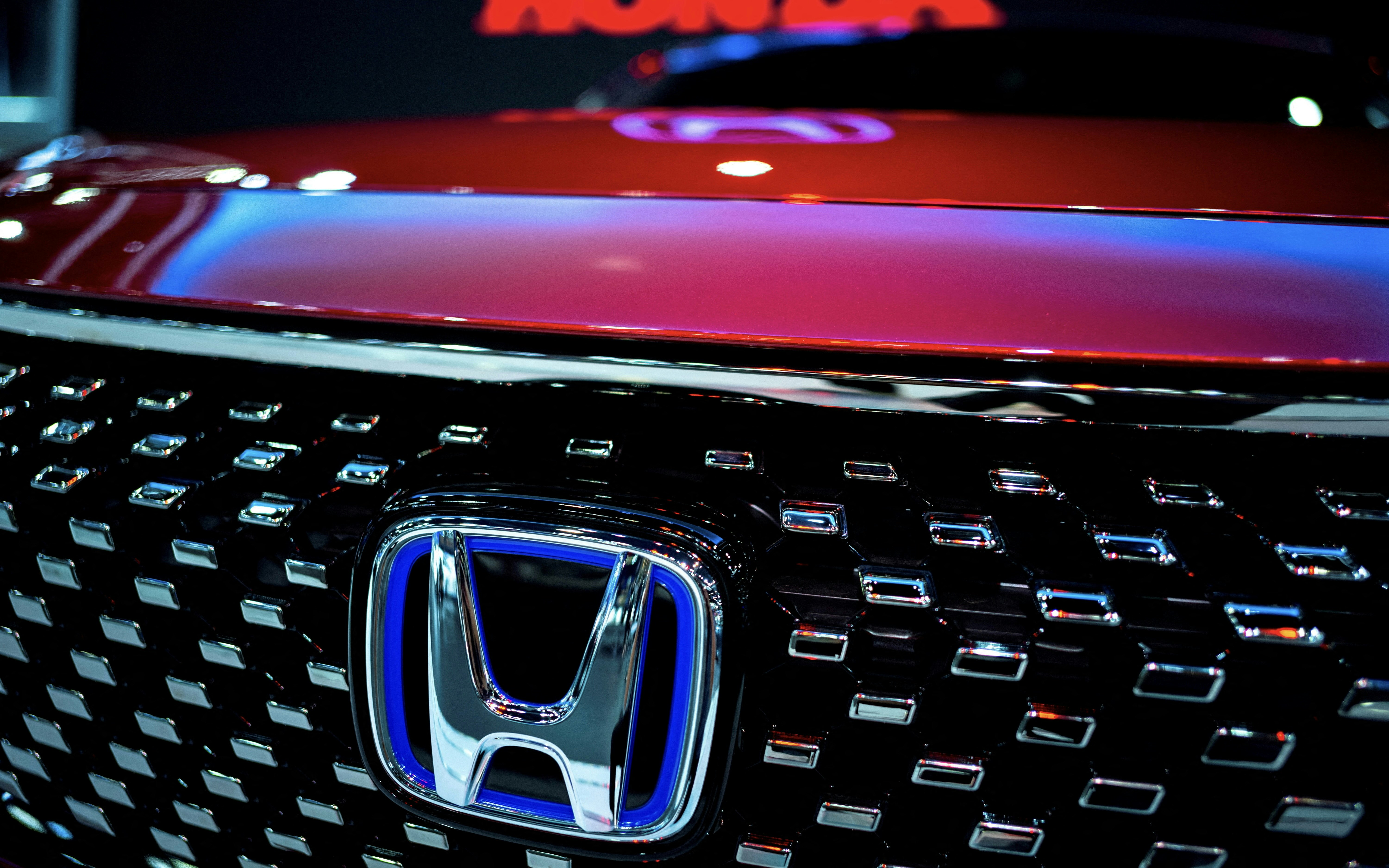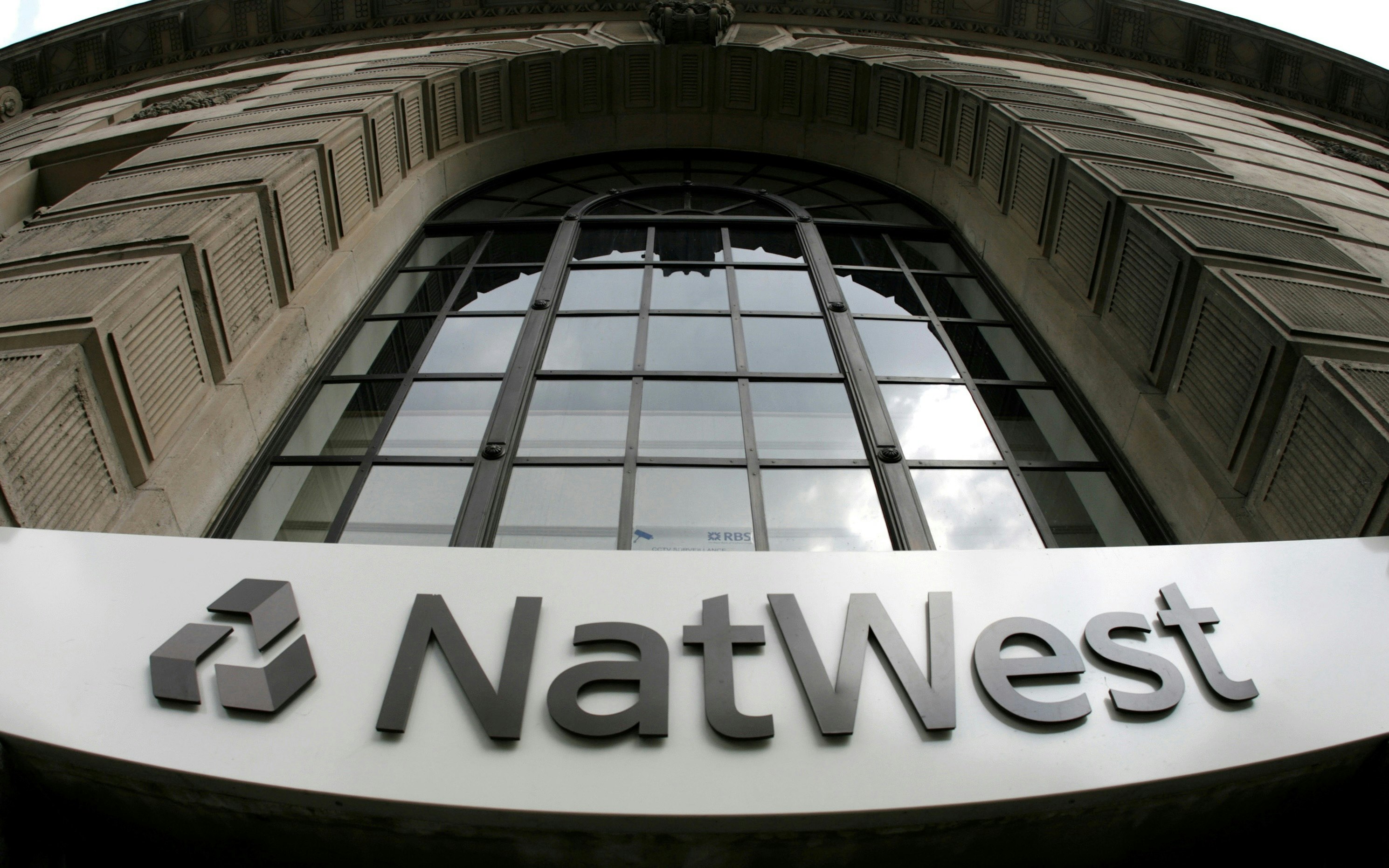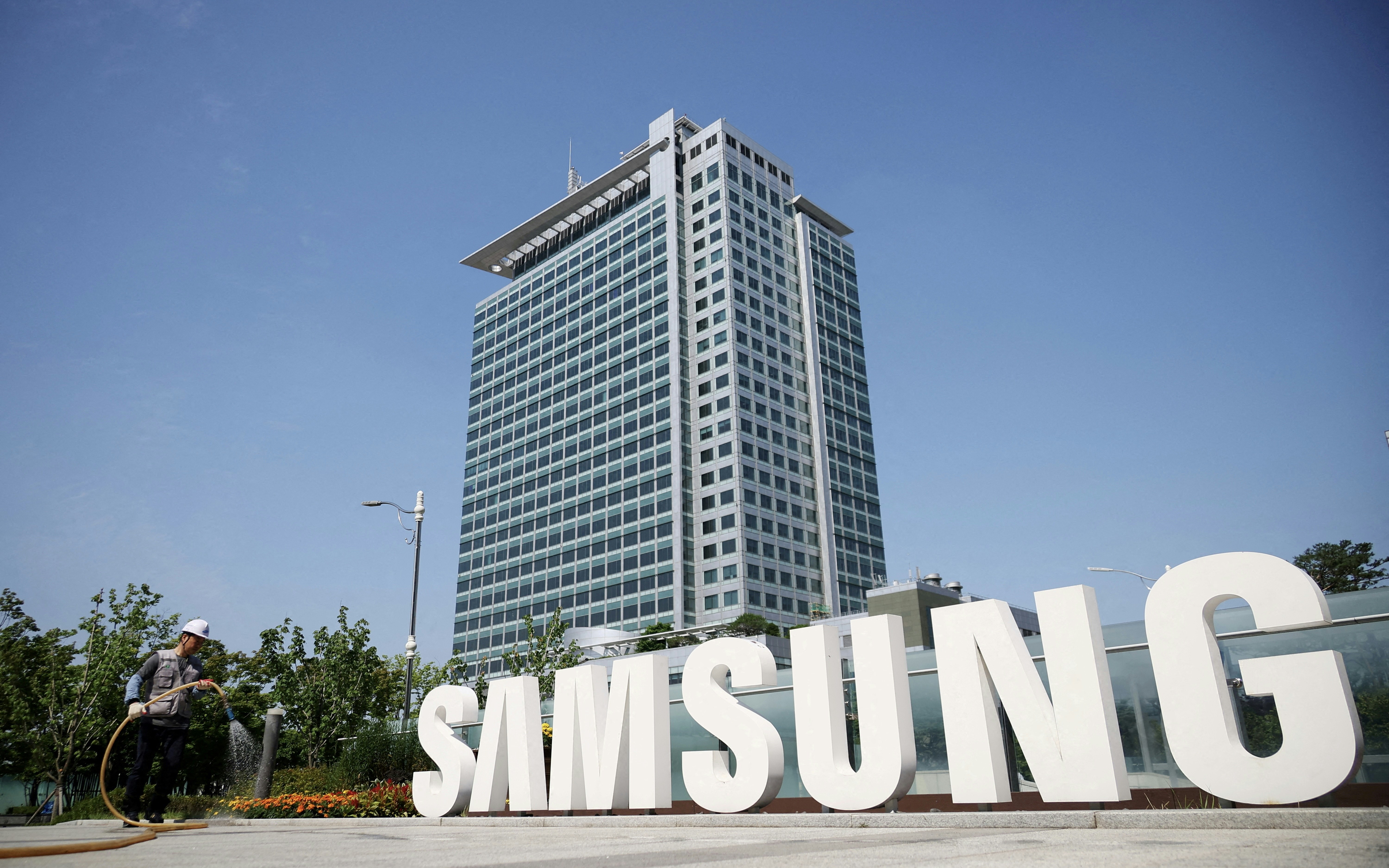Business
Honda and Nissan Plan Alliance in the Electric Vehicle Sector
Japanese automakers are striving to catch up with their affordable competitors in the USA and China.

Japanese Automakers, including Honda Motor and Nissan Motor, Announce Plans to Collaborate in Electric Vehicle (EV) Sector to Compete with More Cost-Efficient Rivals in China and the USA
On Friday, Honda and Nissan announced their intention to explore collaboration opportunities in EVs, as well as their core components and software. Early discussions include joint procurement and development of components such as batteries, according to individuals from the companies.
Japanese Automakers, After Toyota Motor Second and Third Largest in the Country by Vehicle Sales, Face Pressure from Japanese Officials to Work Closer Together to Achieve Scale Effects. After Long Ignoring This Pressure, They Now Show More Openness to Cooperation Due to the Huge Investments They Each Must Make in EVs. While Automakers from General Motors to Volvo Struggle to Create Profitable EV Businesses, Japanese Brands Like Honda and Nissan Have Been Slower Than Others to Expand Their EV Lineups. Traditional Automakers Are Far Behind Competitors Like Tesla and China's BYD in Terms of Cost Competitiveness.
Nissan CEO Makoto Uchida stressed that it is impossible to develop technologies for electric and intelligent vehicles alone, and pointed out the aspirations of new automotive brands to achieve dominance through their overwhelming price competitiveness and speed. Honda CEO Toshihiro Mibe mentioned that there have been no discussions on mutual involvement so far, but did not rule out this possibility.
Despite a global decline in EV growth since last year, both Honda and Nissan are committing to the electrification of their fleets. Nissan aims for electrified vehicles to account for over 55% of its global sales by 2030, while Honda plans to switch completely to electric vehicles by 2040. Last year, Nissan sold 20,616 EVs in the U.S., compared to Tesla's 654,888. Honda currently offers no fully electric model in the U.S.
To Develop EVs, Many Automakers Have Joined Global Alliances to Share Development Costs and Achieve Economies of Scale in Production and Parts Sourcing. In Japan, an Alliance Between Nissan and Honda Would Create a Second Bloc of Automakers Collaborating on EVs. Three Additional Japanese Automakers with a Strong Presence in the US – Toyota, Mazda Motor, and Subaru – Are Already Collaborating on EVs. Mazda Relies on Toyota for Some Electronics and Software Systems, While Subaru and Toyota Share the Same Platform in Their Flagship EV Models Globally.
In the past, Honda has proudly emphasized its ability to ignore Tokyo's industrial policy and operate independently. Founder Soichiro Honda resisted the attempts of the Ministry of International Trade and Industry to consolidate Japanese automakers in the 1950s. Today, Honda recognizes that it can no longer afford to work alone in the face of rapid technological changes. In recent years, Honda has announced a number of EV partnerships with companies such as General Motors and Sony.
Nissan and Honda both had overseas partnerships that have lost importance. Last year, Nissan changed its decades-old alliance with the French automaker Renault to give both companies more independence. At the end of last year, Honda and General Motors announced that they would abandon plans to jointly develop millions of affordable EVs starting in 2027, but they will continue to collaborate on other projects, including hydrogen systems for vehicles and power generators.






